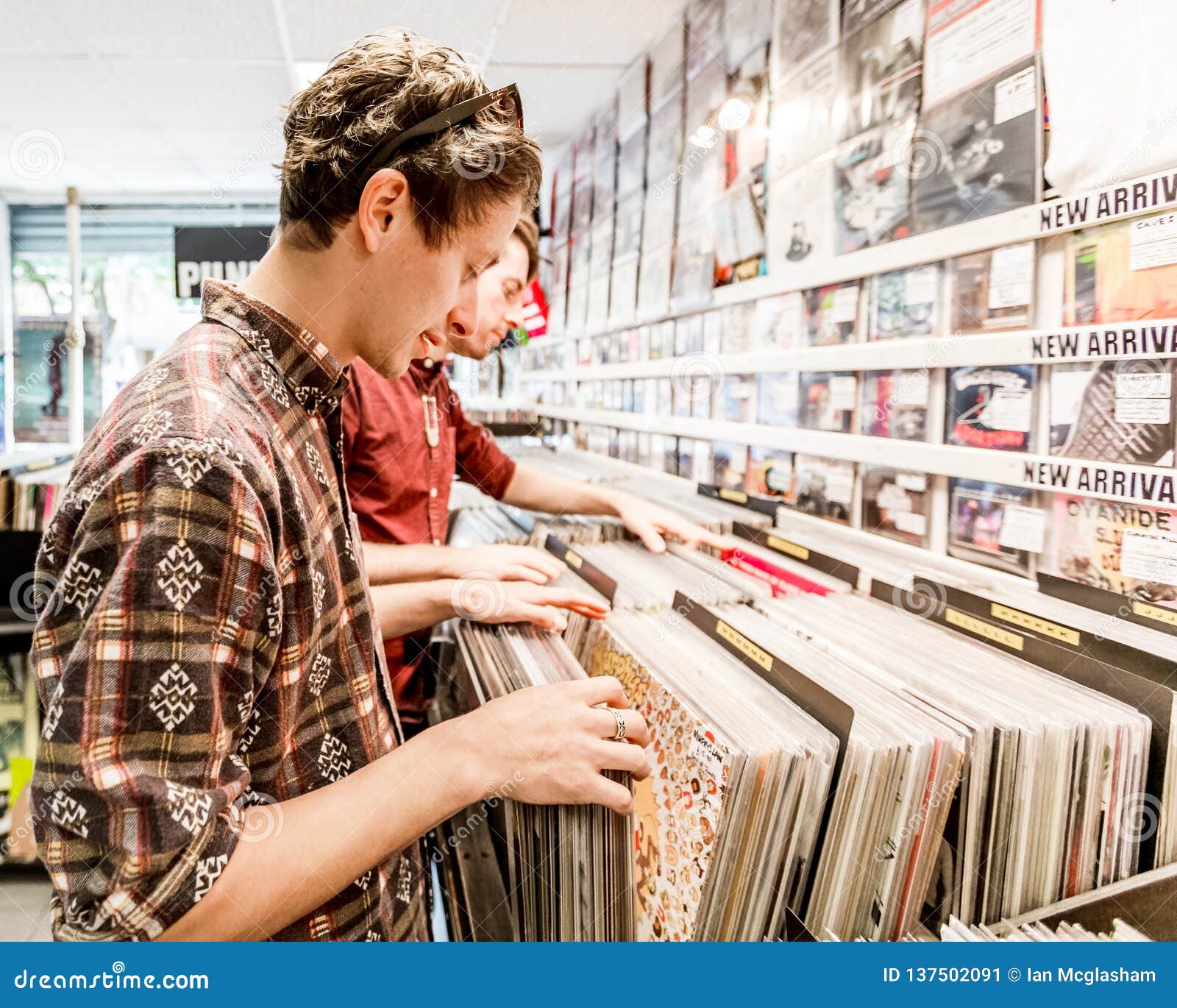As an anecdote, I did some serious listening tests (abx) last summer, and try to find the "near transparency" point for different codecs. I hadn't done this in a decade or more (pre Opus), and I'm in my 40s.
For most typical music, casually listening, LAME -v4 (163kbps), Vorbis -q4 (128kbps), opus 96kbps were very much adequate. Below that, I wasn't entirely happy for some reason, maybe the low-pass filter became too noticeable.
With a particularly hard to encode sample, I tried to find 90% confidence abx point (meaning I was starting to make mistakes). I reached this point it at LAME -v0 (224kbps), Vorbis -q6 (192kbps), and Opus 160kbps.
At least for me, these bit rates would be "effectively transparent" for all music.
File sizes don't matter too much anymore with such large microSD cards available now. But still, if I wanted efficiency for some reason, lossy audio is more-or-less a solved problem with Opus and Vorbis.



